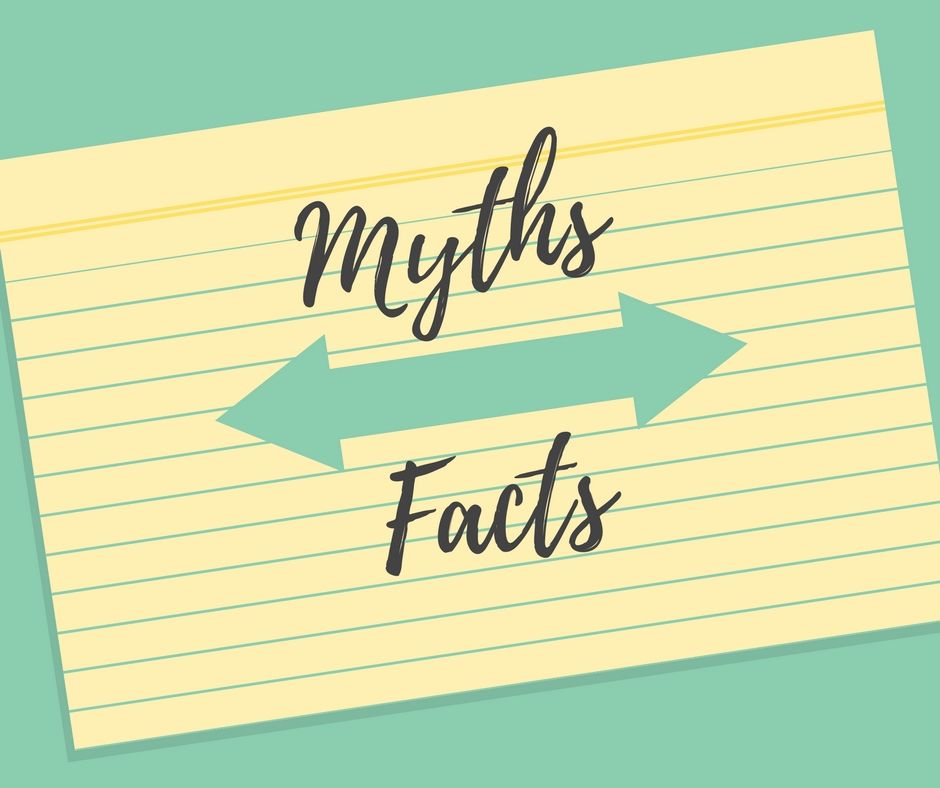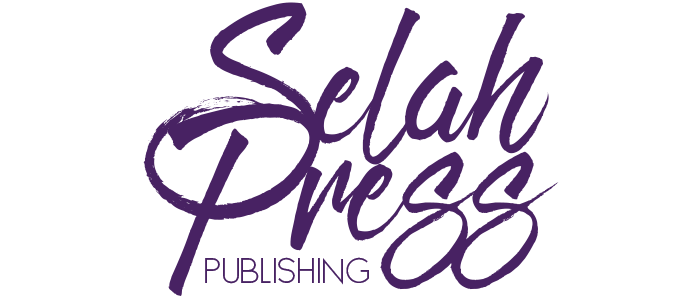I’d be rich if I had a penny for the number of times someone has told me that they drink essential oils because they practice the so-called “French Method” of aromatherapy. Let’s explore that reasoning.
Many believe that aromatherapy diversified into four basic groups in recent years:
- In England, the use of aromatherapy is from massage, an external and safety-conscious approach.
- In France, the practice of aromatherapy comes from a medicinal, internal, and experimental approach.
- In Germany, aromatherapy is approached from a medicinal and research-oriented point of view.
- The United States practices aromatherapy through massage, using an external, esthetic, and eclectic approach.

The reality is that there are only methods of application and not “schools” of aromatherapy as many suggest. Gabriel Mojay addressed this topic in an open letter to Sylla Sheppard-Hanger, Director of the Atlantic Institute of Aromatherapy entitled, British vs. French Aromatherapy—a myth…or a smokescreen? On June 29, 2014.
Dear Sylla,
I’m not sure I would call this business over ‘British vs. French Aromatherapy’ a ‘myth’ as such—more of a ploy by MLM distributors to distract people from the fact that they are overwhelmingly unqualified to recommend or administer the intensive/internal methodologies commonly associated with the ‘French’ approach they lay claim to.
My concern is that they aren’t even equipped with adequate knowledge to safely direct people to use essential oils via dermal methods of application, which they simplistically brand as ‘British’—let alone via the oral route. Their invention and promotion of potentially skin-sensitizing applications such as ‘raindrop’ and ‘aromatouch’ makes this glaringly obvious.
In a nutshell: the so-called ‘French’ and ‘British’ labels are being used to mislead and mystify.
Their use of these labels misleads by giving the impression that they represent contrasting therapeutic systems, as for example between orthodox and natural medicine—whereas they are no more than simplistic, somewhat nationalistic, ways of distinguishing between different sets of methodologies … methodologies that, properly understood, belong to a single, integrated therapeutic discipline: Aromatherapy.
Their use of the ‘French’ and ‘British’ labels mystifies by obscuring the crucial difference between the methodologies they represent—which is the training required to safely administer them …rather than the countries some continue to associate them with.
Doctors can prescribe pharmaceutical drugs because they have completed the necessary training to correctly and safely do so—not on the basis of merely asserting the proposed benefits of those drugs. Simply hailing the superiority of the so-called ‘French’ style of Aromatherapy does not give a person the moral right to administer internal/intensive methodologies without even basic training.
Look at the training and examinations physicians are required to undergo to prescribe pharmaceutical drugs. Given their pharmacological potency, why should essential oils be treated so fundamentally differently? It doesn’t make sense.
Exponents of such sales tactics make bizarre statements to justify their contempt for proper, accredited education, such as, “The British are more interested in ‘aroma’ than they are in ‘therapy’— an affront to all those Aromatherapists who work tirelessly, and often voluntarily, in palliative and cancer care, in particular.” The same author claims that “The French school emphasizes that aromatherapy is safe and can be practiced, with common sense, by anyone whether trained in the healing arts or not.” Why then is it illegal in France for anyone other than a physician or registered pharmacist to therapeutically administer essential oils? His argument doesn’t add up.
About one thing, however, he is correct: “The British school [though I prefer myself to call it the International Ethical school] emphasizes that essential oils have their hazards and is best practiced by trained, certified professionals.”…Yes, sir—and you will find that the same conviction is part of the bedrock of every other branch of orthodox and natural medicine.
With warm wishes from your devoted colleague,
Gabriel Mojay
London[Feel free to share… no need to ask, thanks.]
The FDA and FTC do not allow medical use or advertising of aromatherapy in the United States. Beware of anyone with no training who tells you that they are simply practicing the French method of aromatherapy when they suggest internal usage of essential oils. The French field of Aromamedicine is extremely scientific and includes thorough assessment by qualified practitioners using an aromatogram.
An aromatogram is a test used to determine the antibacterial activity of an essential oil against a pathogenic sample from an infected patient and put in multiple petri dishes. The center of each petri dish contains a disk of filter paper saturated with a different essential oil. The diameter of the clear zone, where no bacteria is able to grow, determines the efficacy of each essential oil against the pathogen. Based on the results a combination of essential oils may encapsulated and prescribed for treatment by medically qualified doctors with relevant training. That is a far cry from your neighbor telling you to just drink essential oils or put them in a capsule without any knowledge of your medical history or any training in medical aromatherapy.
It is also important to hear that not every French doctor has the training to practice Aromamedicine and absolutely no American doctors have the relevant training, even if they have joined a multi-level company and are selling essential oils using the credibility of the medical degree as a sales tool.
Elephant in the Room
Multi-level companies have changed the dialogue about aromatherapy. Many a blog post , social media newsfeed, family dinner and friends gathering have blown up into a level of animosity that was previously nonexistent in the aromatherapy world. The comments alone on my blog post, Warnings dōTERRA & Young Living Won’t Tell You, are a classic example of the raging debate.
While it is my personal goal not to disparage any multi-level company or representative, I must address the elephant in the room. I am also not disputing the quality of the essential oils that any company sells. I do, however, strongly disagree with the lack of safety training practiced in many multi-level companies or lines of sponsorship within a company.
The practice of raindrop therapy, undiluted application of essential oils and oral usage in the United States without any training in the chemistry of essential oils, drug interactions, and ignoring common safety practices within a multi-level business was pioneered by Gary Young. Love him or hate him—you won’t find many people in between—he has left an imprint on the field of aromatherapy. Whether that is a positive one or a negative one is all in the eye of the beholder.
My view is that essential oils should not be consumed or used undiluted without at the very least proper training and certification, the use of an aromatogram, a known medical history, knowledge of essential oil chemistry, understanding of drug interactions, and a thorough understanding of sensitization.
For more information read: Grasse Phyt’Arom 2017–what we learned in France about French aromatherapy from the Tisserand Institute.













Thank you for this information Kayla. In New Zealand, qualified essential oil practitioners use essential oils via massage, body blend treatments (appropriately diluted for topical use for specific non-life threatening health conditions) and blended synergy’s (undiluted) for a variety of inhalation methods. If blended correctly and used as directed, results can be very successful.
The ‘French Method’ reference has been around for some time, even Salvatore Battaglia quotes it in his ‘Complete Guide to Aromatherapy’ book
“There are methods where capsules are made for specific conditions, suppositories are used for acute conditions, to bypass the gut and organs. Oral ingestion should only be recommended by suitably trained individuals such as doctors or medical herbalists who have an understanding of the pharmacological interaction of the essential oils, have an in-depth understanding of human physiology and pathology and who have extensive training the French model of Aromatherapy”…
…but yes, I agree, it seems outdated now, however, when studying in 2009/2010 and as a student, it was quoted to refer to the methods of Aromatherapy making capsules (for swallowing) and suppositories, which courses in New Zealand do not teach. As a student, I respected and understood the seriousness of the quote, in other words, it was good!!
It’s good to get an update and clarification for people confused by the myriad of incorrect information about the use of Essential oils. Thank you Kayla
It is fascinating how quickly things are changing. I re-read Salvatore Battaglia’s information as well when I posted this. I think it is important that we all learn from the past and present as we look forward.
Kayla,
Thank you so much for your article! I agree with your statements about the MLMs and their carefree approach in their applications. I was first introduced to oils by a rep from MLM. I quickly learned the value and respect of these powerful oils. Im not one to do things blindsided so want straight to the source of safety of essential oils “Tisserand” And I was just wondering about your comment ” Medical use of aromatherapy is completely prohibited or restricted in many the United States” My understanding is its a complementary adjunct! Just a simple search of Pubmed yields a significant amount of research about the medicinal qualities of the oils! Aromatherapists are not licensed. I recently completed 370 hrs of training to become certified as my goal is to help the sickest of the sick with options. If we can’t recommend as therapeutic, what’s the point? I look forward to your answer.. Thank you so much!
My statement was more from the FDA and FTC standpoint. You can’t make claims for either. I will rework that sentence. Thanks!